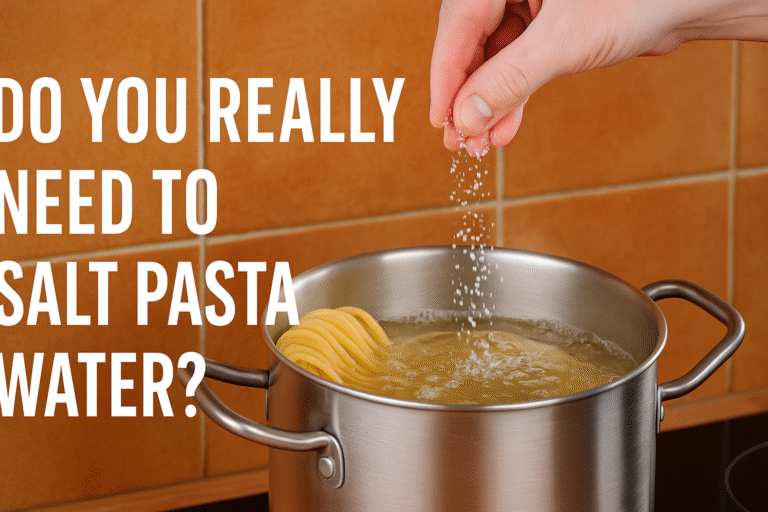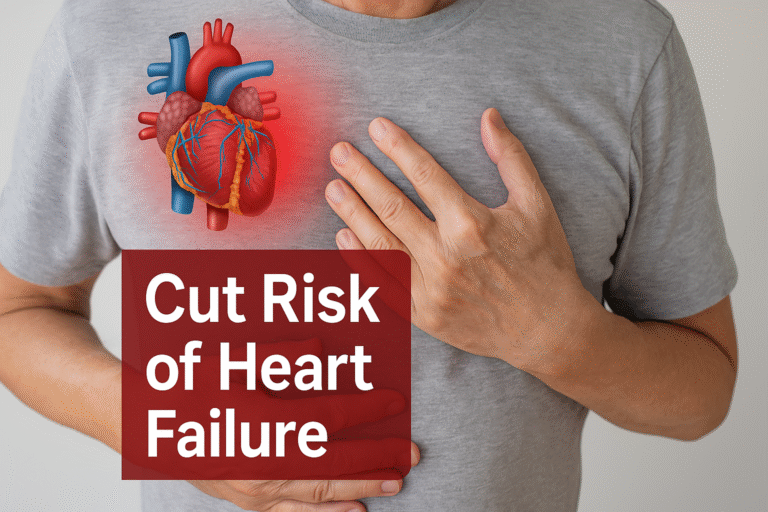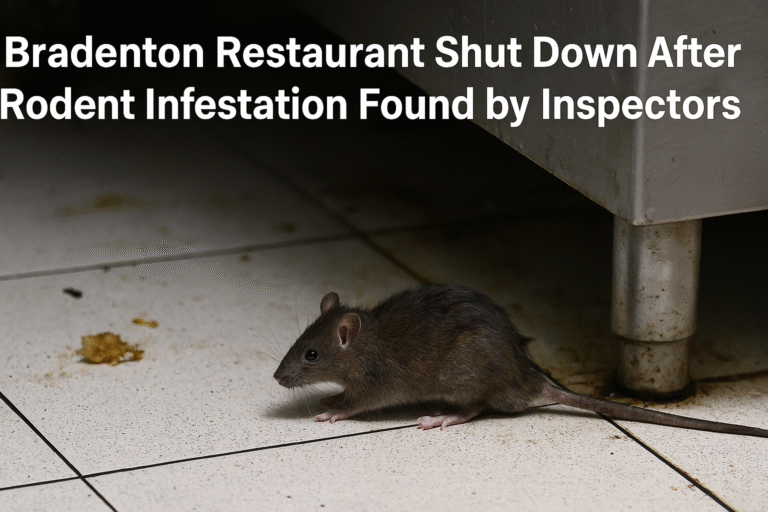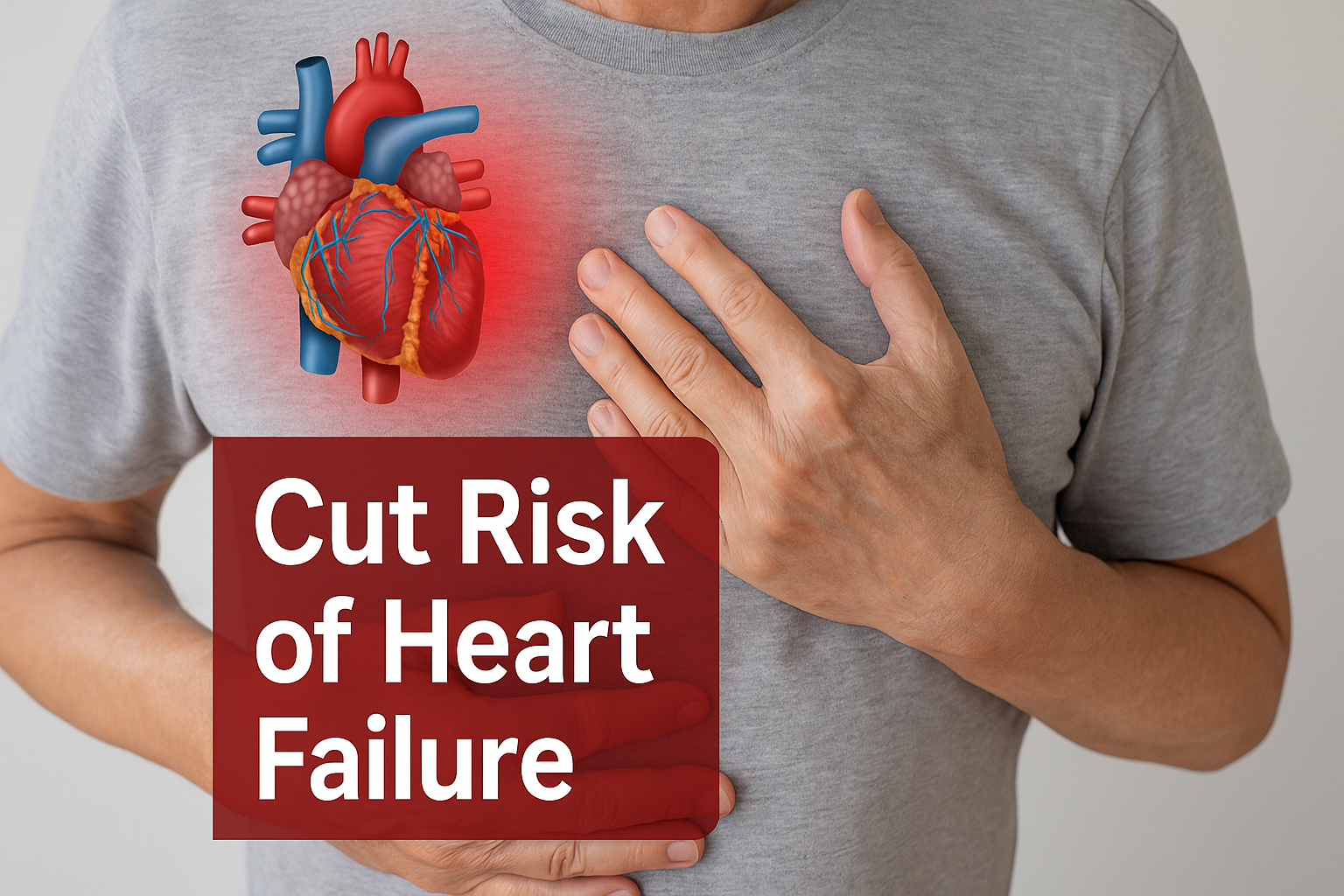
Heart health is one of the most crucial aspects of overall well-being, yet millions of people across the globe struggle with conditions such as high blood pressure, arrhythmia, and heart failure. While advanced treatments and medicines are available, experts often stress that prevention begins with the right lifestyle choices—and diet is at the top of the list.
One nutrient that often goes unnoticed but plays a life-saving role is potassium. Potassium-packed foods are nature’s gift to the heart. They are simple, easily available, and affordable, yet they could help reduce the risk of life-threatening heart problems, including heart failure.
In this article, let’s explore how potassium works in the body, why it is so important for cardiovascular health, the best potassium-rich foods to include in your diet, and how these choices can help you protect your heart naturally.
Why Potassium Matters for Heart Health
Potassium is an essential mineral and electrolyte that balances fluid levels, supports nerve signaling, and regulates muscle contractions. Since the heart is a muscle, potassium plays a direct role in keeping it functioning smoothly.
When your diet lacks potassium, sodium levels tend to rise in the body. High sodium is one of the leading causes of hypertension (high blood pressure), which is a key risk factor for stroke, kidney problems, and heart failure. Potassium counteracts sodium’s negative effects, helping the body expel excess salt through urine and relaxing blood vessel walls to ease pressure.
In short, potassium acts like a natural blood pressure regulator, which in turn lowers the strain on your heart.
Potassium and the Risk of Heart Failure
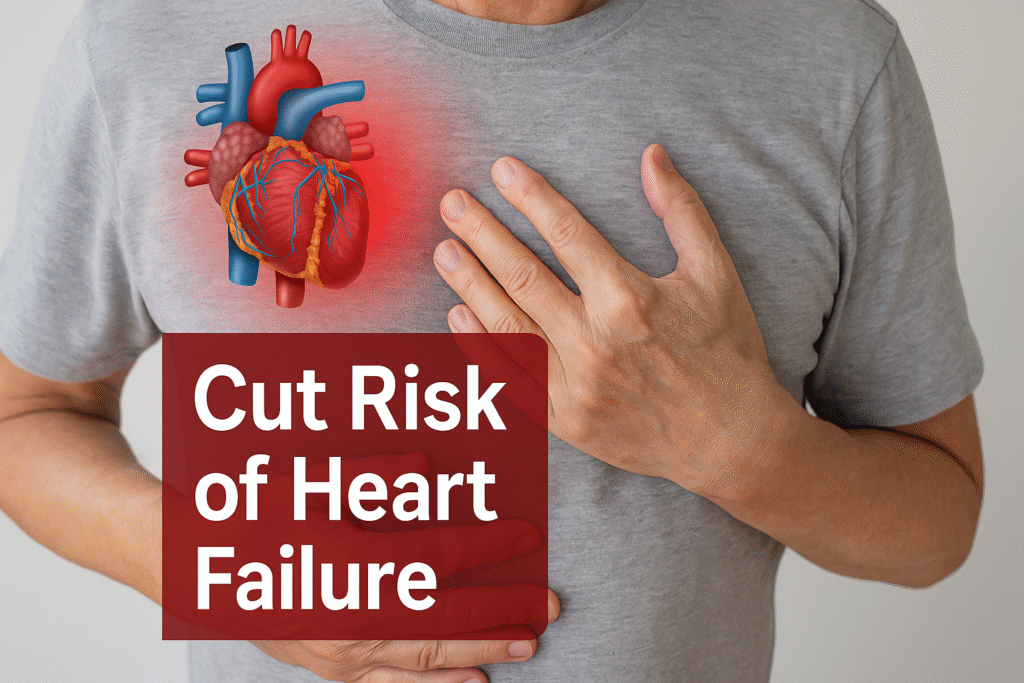
Heart failure occurs when the heart cannot pump enough blood to meet the body’s needs. This can be caused by long-term uncontrolled blood pressure, coronary artery disease, or damage to the heart muscle.
Studies have found that people with low potassium levels are more prone to:
- Irregular heart rhythms (arrhythmias)
- Muscle weakness and cramps
- High blood pressure
- Fluid retention
On the other hand, a potassium-rich diet reduces these risks by keeping blood pressure stable, improving circulation, and supporting heart muscle contractions. Over time, this decreases the chances of heart failure.
How Much Potassium Do You Need?
The daily recommended intake of potassium depends on age, gender, and health conditions. Generally:
- Adults: 2,500–3,400 mg per day
- Women (pregnant or breastfeeding): 2,600–2,800 mg per day
- Children and teens: 1,000–2,300 mg per day (based on age)
However, people with chronic kidney disease should be careful, as their bodies may struggle to process excess potassium. Always consult your healthcare provider before making major dietary changes.
Best Potassium-Packed Foods for a Healthy Heart
The beauty of potassium is that it is available in simple, everyday foods. You don’t need expensive supplements—just smart food choices. Here are some of the top potassium-rich foods to add to your meals:
1. Bananas
Bananas are the most well-known source of potassium. A medium-sized banana provides about 422 mg of potassium, making it a perfect snack for maintaining energy and supporting heart function.
2. Sweet Potatoes
Loaded with fiber, vitamin A, and potassium, sweet potatoes not only boost heart health but also keep blood sugar levels balanced.
3. Spinach and Leafy Greens
Dark leafy greens such as spinach, kale, and Swiss chard are rich in potassium, iron, and antioxidants that protect the heart.
4. Avocados
Avocados are nutrient-dense, offering heart-healthy fats along with nearly 700 mg of potassium per serving.
5. Beans and Lentils
Kidney beans, white beans, and lentils are powerhouse foods that combine plant-based protein, fiber, and potassium to lower blood pressure naturally.
6. Oranges and Citrus Fruits
Citrus fruits not only provide vitamin C but also a solid dose of potassium to maintain fluid balance and protect blood vessels.
7. Yogurt
Low-fat or Greek yogurt is an excellent potassium-rich food that also supports gut health and strengthens bones.
8. Mushrooms
Certain types like white mushrooms are surprisingly high in potassium and can be easily added to stir-fries, soups, or salads.
9. Cucumbers and Tomatoes
These hydrating vegetables are light yet rich in potassium, making them perfect for daily consumption.
10. Fish (Salmon, Tuna)
Fatty fish not only provide omega-3 fatty acids but also contain potassium, supporting both heart and brain health.
Lifestyle Tips to Maximize Potassium’s Benefits
Adding potassium-rich foods to your diet is a great start, but to maximize heart health, combine it with these lifestyle tips:
- Balance Sodium and Potassium: Reduce processed foods and salty snacks while increasing fresh fruits and vegetables.
- Stay Hydrated: Potassium works best when the body is well-hydrated.
- Exercise Regularly: Physical activity improves circulation and helps the heart pump efficiently.
- Limit Alcohol and Smoking: Both weaken the cardiovascular system, undoing the benefits of a healthy diet.
- Monitor Blood Pressure: Track your readings at home to notice improvements with dietary changes.
FAQs
1. Can potassium supplements replace potassium-rich foods?
While supplements are available, it’s always better to get potassium from natural food sources, as they also provide fiber, vitamins, and other nutrients that support heart health. Supplements should only be taken under medical guidance.
2. What happens if I consume too much potassium?
Excess potassium, known as hyperkalemia, can be dangerous and may cause irregular heartbeats, muscle weakness, or even cardiac arrest. This is especially risky for people with kidney issues.
3. Are bananas the best source of potassium?
Bananas are great, but many foods like avocados, beans, sweet potatoes, and spinach actually provide more potassium per serving. Variety is the key.
4. Can a potassium-rich diet cure heart failure?
No, potassium cannot cure heart failure once it develops, but it can significantly reduce the risk of developing it and help manage symptoms when combined with other treatments.
5. Who should avoid high-potassium foods?
People with chronic kidney disease, those on certain medications (like ACE inhibitors or potassium-sparing diuretics), or those with specific heart conditions should consult their doctor before increasing potassium intake.



